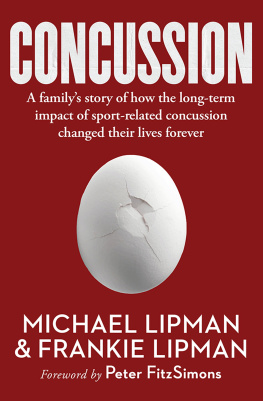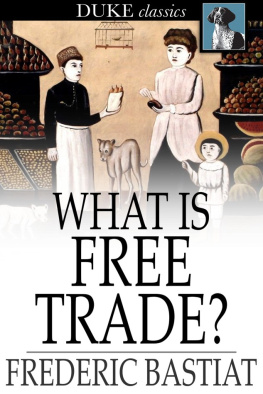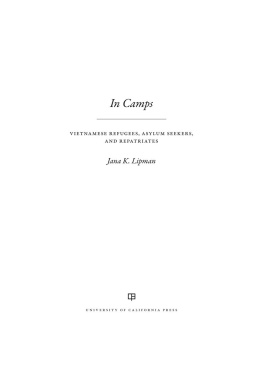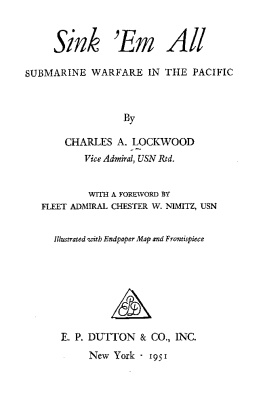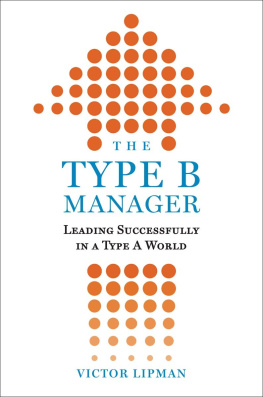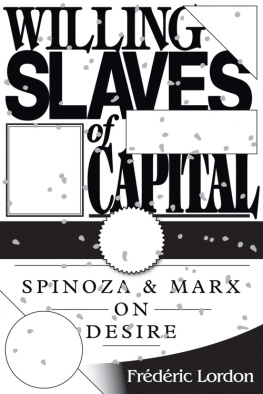CREATING CAPITAL
MONEY-MAKING AS AN AIM IN BUSINESS
The object of this paper is to discuss money-making; to examine its prevalence as an aim among people generally and the moral standards which obtain among those who consciously seek to make money.
The desire to make money is common to most men. Stronger or weaker, in some degree it is present in the mind of nearly every one. Now, how far does this desire grow to be an aim or object in our lives, and to what extent is such an aim a worthy one?
The typical money-maker as commonly pictured in our imagination is a narrow, grasping, selfish individual who has chosen to follow lower rather than higher ideals and who often is tempted, and always may be tempted, to employ illegitimate means for the attainment of his ends. The aims he has adopted are made to stand in opposition to the practice of certain virtues. Thus we contrast profits and patriotism; enriching one's self and philanthropy; getting all the law allows and justice; taking advantage of the other fellow and honesty; becoming engrossed in acquisition and love of family. Now, such contrasts obviously prove nothing more than that money-making is and would be a vicious aim if pursued regardless of these virtues, and it could well be replied that consideration of patriotism, philanthropy, love of family, etc., must in themselves impel one to earn and to save. "The love of money is the root of all evil" implies an exclusive devotion to acquisition that may well be criticized. But aside from this there is no doubt that amid the confused ideas held on the subject, aiming to make money is commonly regarded as in some sort of antagonism to the social virtues.
That there are other sides to the picture is recognized, however, even by the loose thought of the day. The man who earns his living, for instance, it views as one who in so far is performing a fundamental duty. Indeed, the world scorns him who cannot or will not support himself and his family. But this is only to say that one must work to-day to meet the expenditures of to-day. Is this the limit? Is it a virtue for him to work in order to spend, but a vice for him to work in order to save? What are the considerations to be observed by a man in deciding whether or not he should adopt money-makingthat is, the acquisition of a surplus beyond his current needsas one of his definite aims in life?
One consideration relates to our country. The United States is now understood to be spending about $25,000,000 per day in carrying on the war. In the last analysis this amount must be paid out of the past savings and the savings from current earnings of the people of the United States. The wealth of the nation consists mainly of the sum of the wealth of its citizens. We are therefore told to seek increased earnings and to economize in our expenditures in order to enhance the national wealth. The duty here is perfectly clear, but even if we did not have war conditions to teach us as a patriotic responsibility the necessity of earning and saving a surplus, the obligation would still be there. We owe a similar debt to our state and to our city or district. And nearer still comes the duty to one's family and to one's own future, the duty of providing for the rainy day, for old age. And it will be observed that money-making in this sense is directed to the acquisition of net income, it relates to that portion of one's earnings which is saved from current expenditure and becomes capital. Then we must also consider the duty to society. As we look out upon the surrounding evidences of civilizationbuildings and railroads and highly cultivated fields, the machinery of production and distribution, the shops full of useful commoditiesand then cast our thought backward to a time not very many years ago when all this country was a natural wilderness, we may begin to realize the magnitude of the wealth, the capital, that has come into being since then, every particle of which is due to the earnings and savings of somebody, to the surplus not consumed by the workers of the past, their unexpended and unwasted net balances year by year. Universities, churches, libraries, parks, are included in the wealth thus handed down to us. Our lives to-day may be richer and broader through this inheritance created by the industry and abstinence of our forefathers. Their business careers, now closed, we regard as the more successful in that they earned and saved a surplus, that they had a net income to show as the result of their work.
But these savings of the past were accumulated, after all, by comparatively few of the workers; not by the many, who lived from hand to mouth, happy-go-lucky, spending and enjoying in time of abundance, suffering in time of poverty and stress, making no provision even for their own future, still less recognizing any duty to their country or to posterity to produce economically and regulate their expenditure wisely so as to carry forward a surplus. As far as this majority is concerned we might yet be living among rocks and trees, without shelter, lacking sure supplies of food, with fig leaves to cover our nakedness. And to-day the same conditions obtain. How many persons are to be found among one's acquaintance who feel and act upon any responsibility for doing their "bit" in the creation of capital? Very few. Rather than exert himself to work with this in view, on the one hand, and to abstain from unnecessary consumption, on the other hand, the ordinary man will make to himself every excuse. He will contemn money-making as a sordid aim, readily exaggerating itself into a vice; he will dwell upon the obligations and other considerations of a higher life, this being defined as something generous and noble, a something compared with which money-making cannot be regarded as a worthy object but must be included in the class of unpleasant necessities, not to say indecencies, which ought to be relegated to the background of life; he will summon up pictures of extreme poverty, where any money received must be expended forthwith to meet urgent needs, as justifying that which in his case is the gratification of shiftless indulgence. Above all, this typical individual will not accept and act upon the idea that his affairs, his small income and expenditure, have any bearing upon the prosperity and progress of his country. The most he will keep before him is that he should pay his bills, and perhaps in some few cases, will extend the notion to the future to include provision for the bills and possible emergencies then to be met by himself and his family. Nor is this improvident attitude confined to the young, to the professional and the other non-business classes. In the business world we see it all around us; among those who "work for a living," among clerks and employees and among the so-called laboring classes it appears to be the normal attitude. People who work for salaries or wages seem characteristically to use up all their earnings in their current expenditure, to live up to their incomes without any serious attempt to save. If they pride themselves upon trying to keep out of debt, it is as much as they expect of themselves, and among them the man who attempts to go beyond this in his money affairs is certainly the exception.





